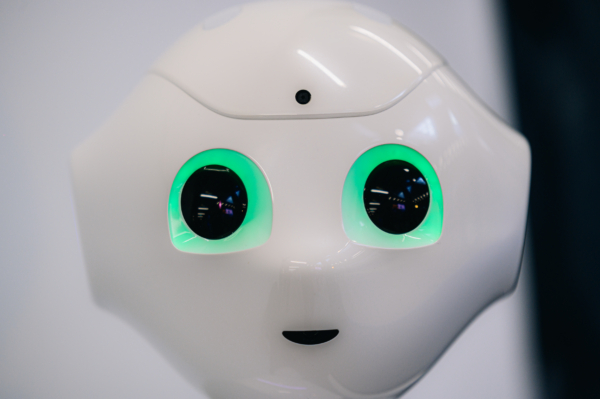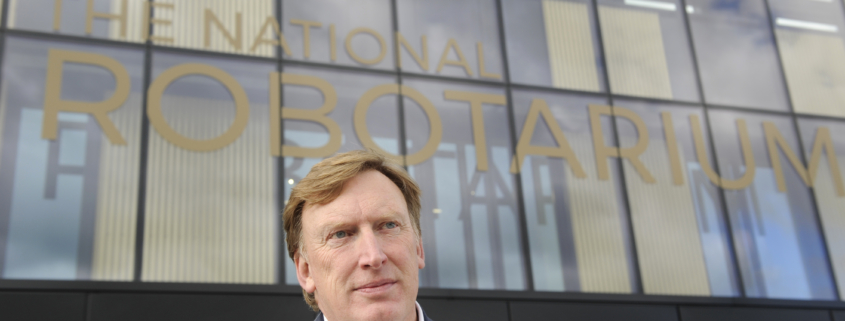Stewart Miller: Britain must grasp the opportunities presented by robotics
The UK has a major opportunity to position itself at the forefront of the robotics and AI revolution. These technologies promise to reshape industries and provide significant economic benefits, but capturing this potential will require vision, investment and focus from government, academia and business.
Recent research highlighted Edinburgh as the top start-up hub outside London for high-growth companies in AI, digital security and fintech. With academic hubs like the National Robotarium nurturing specialist talent, the ingredients exist for Britain to become a leading developer and exporter of robotic and AI technologies.
The global market for robotics is projected to reach $383 billion by 2032. Meanwhile, PwC estimates AI could contribute more than £200 billion to the UK economy by 2030. To seize a share of these booming sectors, strategic action is needed to foster R&D, translate innovations into commercial technologies and ensure necessary skills are available domestically.
The applications of advanced robotics and AI are near limitless. In factories, automated production lines promise improved quality control and reduced operating costs. Machine-learning algorithms can unlock efficiencies in areas from medical diagnosis to supply chain optimisation. And robots can take over hazardous tasks – from construction to nuclear decommissioning – improving safety and productivity.
The benefits for the services sector are immense too. Chatbots using natural language processing are improving the efficiency of customer service interactions. AI analysis of datasets across finance, retail and other sectors is leading to new data-driven insights.

Pepper, an assistive and rehabilitative humanoid robot
Crucially, embracing these technologies can revive our industries and support levelling-up. The UK has an opportunity to be a producer of robots, and not just a consumer – creating jobs and delivering economic growth. But we need to move fast.
Naturally, there are concerns regarding the need for appropriate regulation as robotics and AI develop. It’s imperative that human values steer the design and application of these technologies. And their implementation must avoid perpetuating biases or compromising privacy.
However, scare stories of runaway autonomous systems are misplaced. In reality, robots will allow people to focus on more satisfying, high-value work – collaborating with ever-smarter machines to find innovative solutions.
The UK Government has ambitious plans to promote AI adoption, but greater effort is required if we’re to build national capability spanning R&D, commercialisation and skills development.
Denmark and South Korea’s investments in their domestic robotics sectors demonstrate what focused strategy can achieve. The UK must now play catch-up and articulate its own long-term vision.
Initiatives like the National Robotarium, which is celebrating its first anniversary since launching its state-of-the art facility in 2022, are working closely with government and industry, and can help make this vision a reality. But broad collaboration is vital, alongside public engagement initiatives to improve understanding of how technology can drive prosperity.
The prize of global leadership in AI and robotics is within reach. But in a rapidly evolving technological landscape, action is urgently required. With the right strategic investments and partnerships, these promising technologies can catalyse innovation across the UK economy.
Originally published in The Herald Business and Technology section, on 15 December 2023








